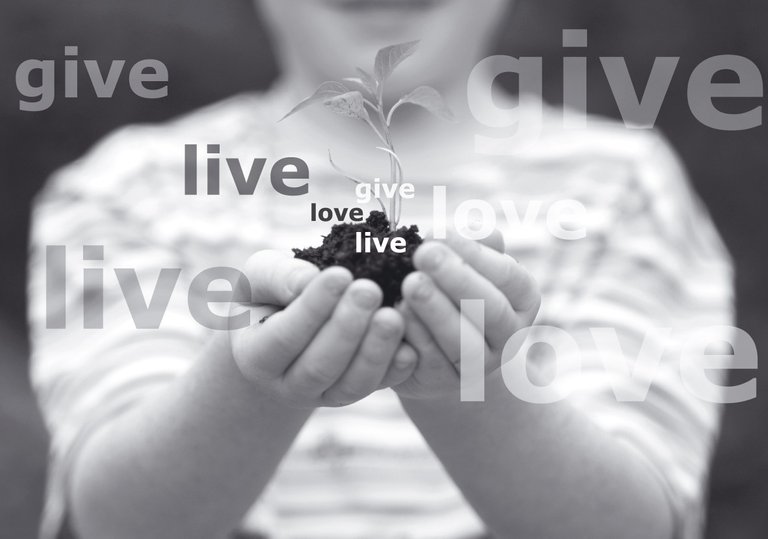
What do you get when you give? Giving is a fundamental part of human existence, but what is it that drives it? Is the impulse selfish or generous? Do we only give to receive? If so, is there anything wrong with that... Here we'll delve deeper into a few aspects of giving than what's talked about around holiday celebrations.
Appreciation
According To The 2007 Canada Survey of Giving, Volunteering and Participating (CSGVP)
While most Canadians give in response to being asked, the minority that plans their giving in advance tend to give larger amounts. In 2007, 19% of donors reported that they decided in advance how much they intended to give to charitable organizations over the course of a year.
These donors contributed an average of $797 annually, compared to $351 for those who did not decide how much to give in advance. These results highlight the importance of encouraging loyalty among existing donors by developing strong, long- term relationships between regular donors and the nonprofit organizations they support.
Reciprocation: You get what you give
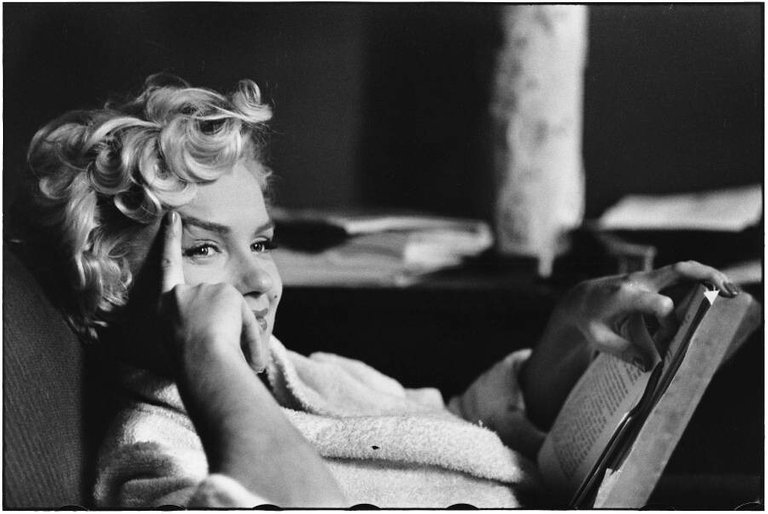
“When you have a good friend that really cares for you and tries to stick in there with you, you treat them like nothing. Learn to be a good friend because one day you're gonna look up and say I lost a good friend. Learn how to be respectful to your friends, don't just start arguments with them and don't tell them the reason, always remember your friends will be there quicker than your family. Learn to remember you got great friends, don't forget that and they will always care for you no matter what. Always remember to smile and look up at what you got in life.”
― Marilyn Monroe
Because a person is more likely to do something for us after we've done something for them is not necessarily 'why' we do it. At least not in the moment when we give. Though as a benefit, it does have a lasting impact on individuals, interpersonal relationships, whole communities and the entire human race.
Sometimes giving is as simple as being an advocate for someone or something else:
![]()
People like to feel needed and valued. It's in our DNA. Receiving a gift from someone can do that. So can giving.
It's not always the big things either, I remember once I may have saved a woman's arm from getting hacked off by pulling it back, while she tried to reach in and stop an elevator door. (Let me explain: this was an old elevator and I was fairly certain through what I'd been told it didn't stop for obstructions they way they're supposed to.) Looking back that may not having been true. But when I explained to her why I did what I did, the amount of appreciation and the incredible feeling it gave me simply from her thanks and knowing that I might have done a very good thing for someone lifted my spirits and it was as if I was walking tall on a cloud the rest of the day.
I've also gotten the same feeling from walking an old lady home from the bus stop.
If there's any difference it seems to only be a matter of degree.
Let's take the above example and a more typical scenario, say you're holding the door for someone rushing to catch your elevator at 7:01 AM in a high rise office building; When they finally catch it and thank you up and down you feel good and get that warm feeling, don't you?
Perhaps they go on to tell you that you saved the day as now they may just make that interview on time, their noticeable frustration already easing slightly as they sidle into the packed elevator car.
How does that one act alter your day? Are you happier now and do you feel more accomplished for starting off your day giving an act of kindness to another?
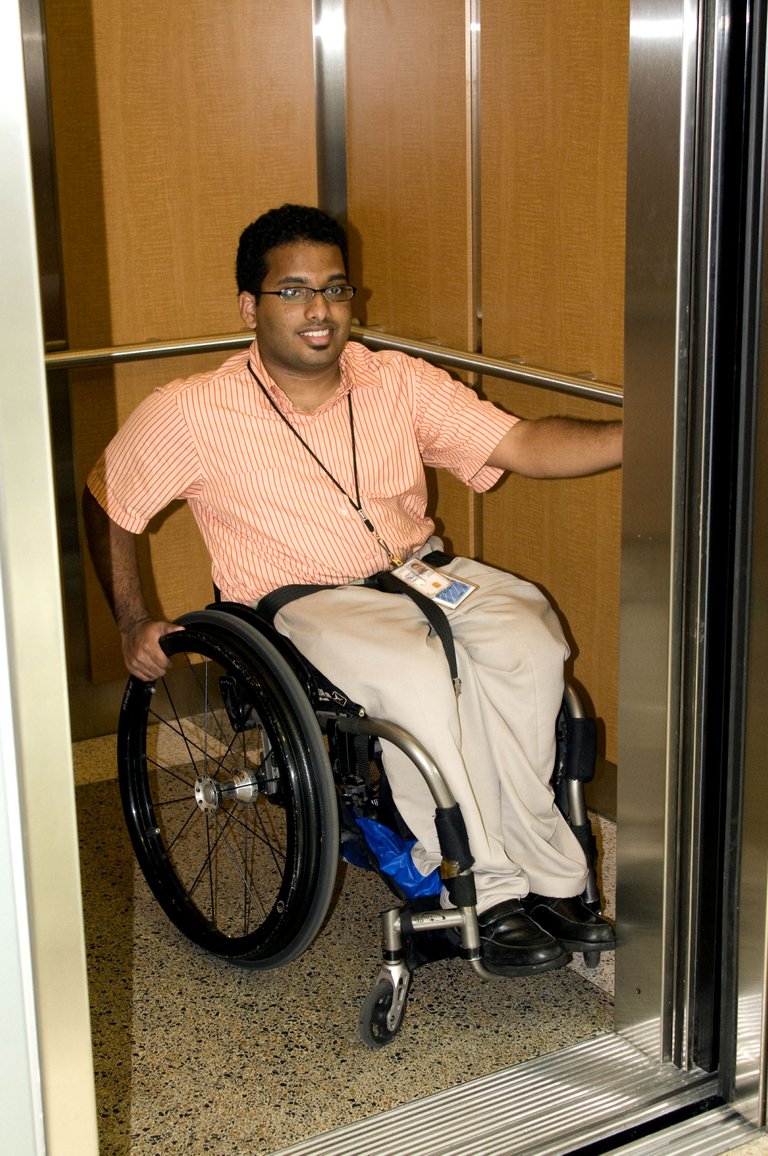
I know for me it does. So why don't I do this all of the time, I wonder...
You see, I often say to myself I should give more.
But then the thought escapes me in so many moments in which I'm capable of giving something small but meaningful. Don't get me wrong, I hold doors for people, (except when they might take their arm off) I give them my time and attention and feedback. I'm probably not as giving of my praise as I should be.
(Note to self: goal for 2017)
See, I think sometimes it's these little things that really add up to the big things. I know that's cliche, it probably sounds trite. But look at the macro level. If we all maximized this human tendency how would it transform our society? Giving fosters gratitude trust, empathy, compassion and unites people. It creates greater coherence over discord.
So long as you're not giving more than you can, or being compelled to give. E.g., taken from. Or taken for granted. But, this piece wouldn't be complete without mentioning this aspect, as it's great to view everything as bunnies and rainbows, but unfortunately for every giver there is a taker. So being aware, guarded when necessary and intelligent, both emotionally and intellectually is key. Other than that, there's really no downside.
These reflect being duped, swindled and robbed vs. the free flow of giving and receiving. Of course there are those that will exploit it for their own ends. Something not mentioned above that we should look out for.
In a world divided is giving the answer, what would things look like if we all gave a little more?
An attitude of gratitude:
“Do not spoil what you have by desiring what you have not; remember that what you now have was once among the things you only hoped for.”
― Epicurus
It's sometimes funny to hear social scientists and psychologists discuss something as basic and human as giving describing the obvious in such terms as the following:
"warm glow," holds that people like making their own decision to give . They derive pleasure from the sense of agency, in much the same way that people highly prefer to roll their own dice while playing craps and pick their own lottery numbers. In this model, mandatory taxation is not expected to produce a "warm glow." - From a set of studies conducted by William Harbaugh, a professor of economics, at the University of Oregon, and his colleagues.*

Giving is like a muscle the more we give to the practice of giving the more we get - the more we use it, the more it works out. The stronger it gets. No. The stronger WE get.
Happiness: Ultimately it makes us happier. It may also make us wiser and more effective by extension.
There was an entire book written on this topic, called The Hapiness Advantage.
How it actually increases performance when we've achieved a state of happiness.
Rather than trying to extract happiness from achieving. Like most of us do. It creates a positive habit-loop ensuring more productivity and happiness.
Check out the Ted Talk from the author here:
“Cultivate the habit of being grateful for every good thing that comes to you, and to give thanks continuously. And because all things have contributed to your advancement, you should include all things in your gratitude.”
― Ralph Waldo Emerson
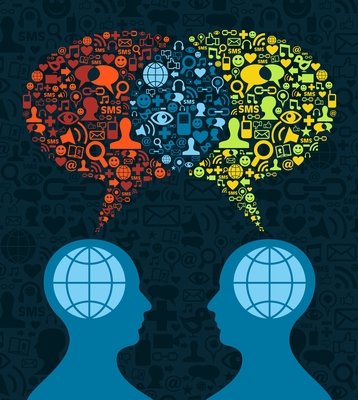
The Brain And Giving:
Something of an overview of mirror neurons: albeit, in a different context
Basically, your brain's pleasure circuits are activated by acts of charity.
(Unfortunately at the time of this writing though I was sure I read something on this years ago I couldn't find anything relating mirror neurons to giving though I believe it's a logical extension.)
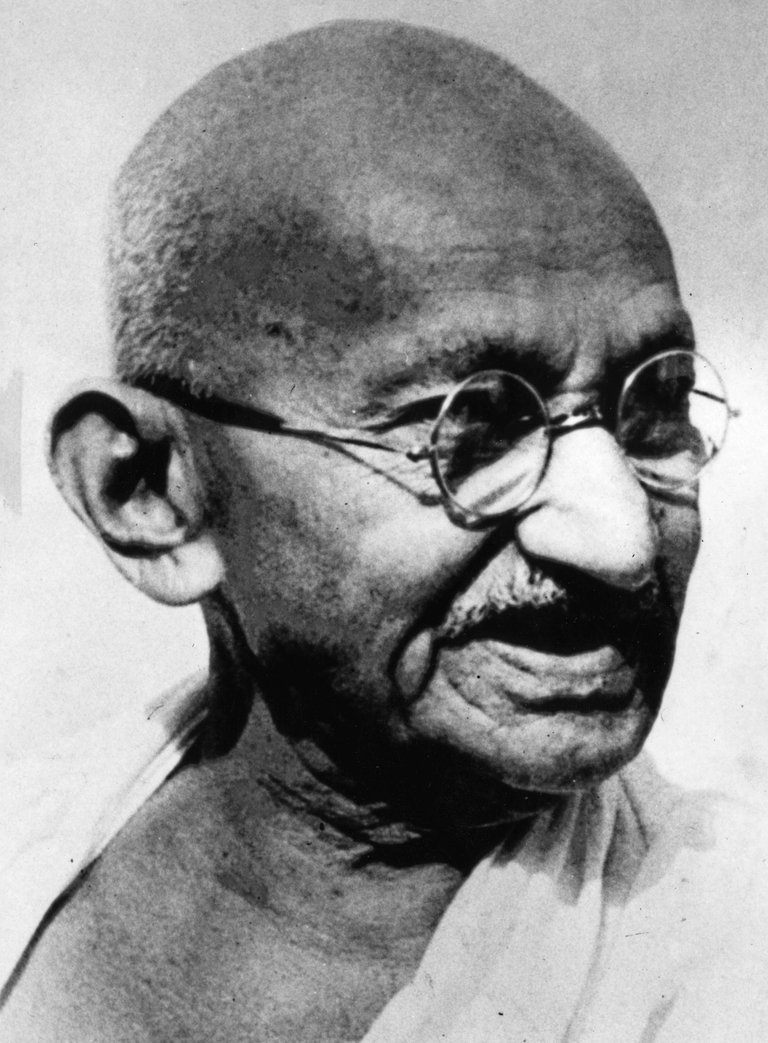
Mahatma Gandhi once said that “The best way to find yourself is to lose yourself in the service of others.”
As the saying goes, if you help someone up the hill, you get closer yourself.
As someone I used to know was fond of saying: Teamwork don't seem work.
Common Barriers To Giving:
According to The CSGVP Study: Donors were most likely to report that they did not give more because they could not afford to do so (71%), or because they were happy with the amounts that they had already contributed (65%). Forty percent indicated that the reason they did not give more was because they believed that they already gave enough directly to people, without involving an organization.
About a third agreed that they did not give more because they did not think that the money would be used efficiently (33%), or because they gave voluntary time instead of money (32%). A comparatively small percentage (11%) identified difficulty finding a worthy cause as a barrier to increased giving.**
If we all gave more:
I think we would see a radical shift. In fact, I think through platforms such as this, through crowdfuninding, patron and community efforts. When people engage more on a human level they give me. When we give more everyone may be a little happier and better off than before. It's common practical everyday stuff, but if you're anything like me you need a little reminder sometimes. That's why I wrote this article.
If you enjoyed this piece please click the link below and give a cup of rice to someone in need today:
http://thehungersite.greatergood.com/clickToGive/ths/home

Also, if you're interested in discovering a cool new barter platform where people are very giving and (forgive the pun) symbiotic, plus get 100 free Simbi credits when you sign up, check out Simbi here: https://simbi.com/adam-thor/welcome The Simbi credits you receive you can use like cash toward goods and services. It's seriously awesome, if you're not signed up there you should be.
[Full disclosure: I get some Simbi credits too when you sign up using that link, but it costs you nothing. Win-Win]
Thanks for reading. :)
I hope you liked it.
Sources/Links
* https://www.psychologytoday.com/blog/the-compass-pleasure/201108/is-your-brain-charitable-giving
http://www.redbirdonline.com/blog/understanding-donor-psychology-motivations-and-barriers-charitable-giving
http://www.pbs.org/wgbh/nova/body/mirror-neurons.html
https://simbi.com/adam-thor/welcome
I want to take a moment to thank everyone of you in the steemit community who has upvoted, shared and followed my content. I really appreciate. Also, the feedback has been excellent.
Also, I don't want this to come off like a clever way of asking for something (in this case steem) as I'm always trying to provide value and something I think other people will be interested in reading.
But I have to ask, because I just suffered a major Steemit blunder... I accidentally deleted another post I'd made a day or two ago and was going to come back to and clean up before publishing. Since I was busy doing other things for a moment, and I'd written this post in the meantime, I clicked on that open tab/story and then toggled away to 'Feed' and immediately realized what I'd done. That story which was personal and took hours of my life, writing about something that was near and dear to my heart and getting in-depth- it was gone. Completely blank when I hit the back button and the submit a story button... So my heart sank a little. There's no way I can rewrite what that story was in the way it was.
As it was one thing wrapped in another, wrapped in something larger. Now... it's gone forever. If you've read this and feel like throwing in an upvote, please do. I could use it as I lick my wounds. Thanks for listening.
"paper" before they left my brain.
So it goes.
I have done the same thing and lost hours and hours of work before......i'm sure many have. Take a moment, a day or two maybe, then start again, refreshed. It will not be the same post but it will still tell the story. The experiences, insights, emotions or whatever you wanted to share are still there, living within you. Just start at the beginning and I promise you'll find the flow again.....it may even end up being better!
You're right. I may do just that.
Or I may let it develop more. Fold it into something larger, more meaningful in the future.
Either way, all's not lost. I appreciate the kind words of encouragement.